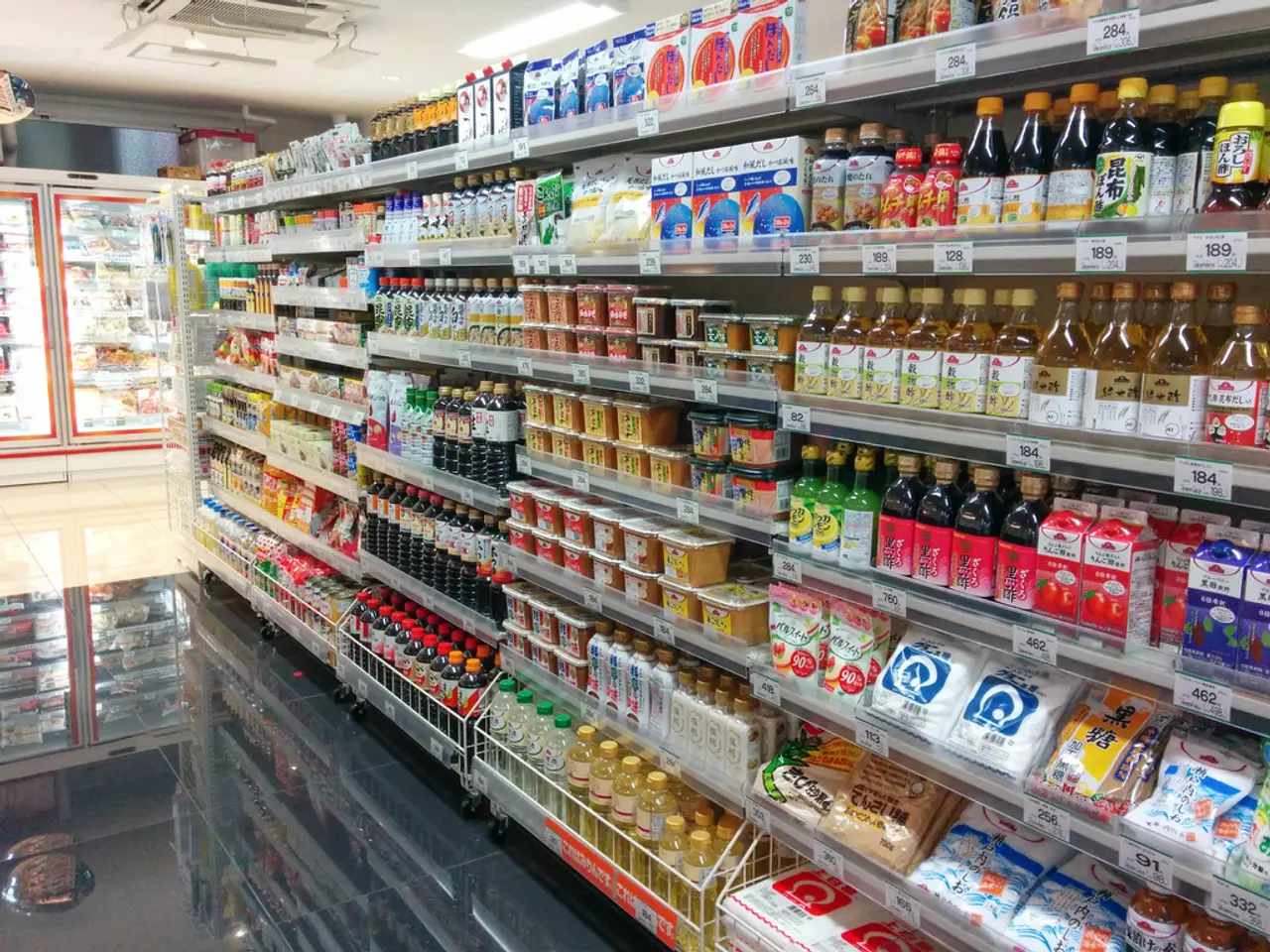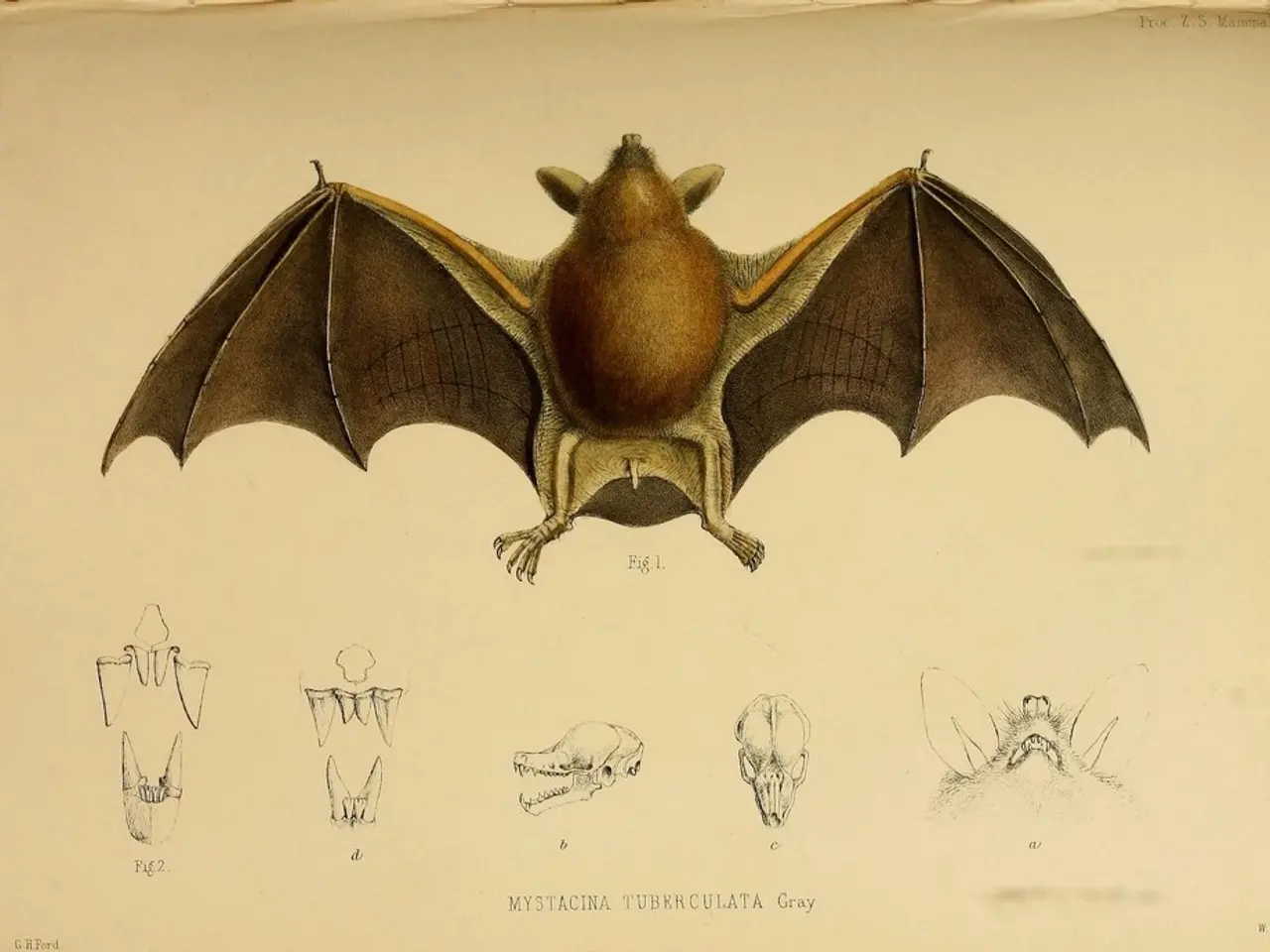Economic decline marked by deflationary trend observed in the initial week of 2025, according to Rosstat data.
In a surprising turn of events, Russia has recorded its first weekly deflation of the year, according to data released by Rosstat, the country's federal statistics service. The weekly deflation, which occurred during the week of July 15 to July 21, 2025, was primarily driven by a sharp seasonal decline in the prices of fruit and vegetable products.
The Ministry of Economic Development reported that the annual inflation rate has decreased to 9.17%, a significant drop from the high of around 10.3% earlier in the year. This moderation in inflation, coupled with the weekly deflation, has been occurring despite some tariff indexation and ongoing economic challenges such as the recession in 2025, economic stagnation, and risks of stagflation linked to reduced output and defense spending pressures.
The weekly deflation was mainly attributed to a 3.48% week-on-week decrease in the prices of fruit and vegetable products. This seasonal price decrease contrasts with modest price increases in non-food goods and services, which rose only slightly by 0.08% each in the same period.
Among the fruits and vegetables that experienced a significant price drop were beets (9.2%), white cabbage (8.3%), potatoes (7.3%), and cucumbers (6.8%). However, for other food products, the price increase was near-zero.
Interestingly, the last time weekly deflation was recorded was at the beginning of September 2024. Gasoline prices, on the other hand, have increased by 0.3% week-to-week, according to Rosstat data.
The Central Bank of Russia has responded to the inflation slowdown and weekly deflation episodes with interest rate cuts, suggesting expectations of further easing monetary policy to address inflation pressures. Rosstat's assessment also indicates that prices of fruit and vegetable products have decreased on average by 3.5% this year.
In summary, the key factors contributing to the weekly deflation by Rosstat in 2025 are the seasonal and significant drop in fruit and vegetable prices amid a broader context of slowing inflation, modest non-food price increases, and government monetary policy adjustments. This unique situation has provided some relief to consumers, especially those in the food sector, in the midst of ongoing economic challenges.
The Ministry of Economic Development might consider adjusting finance policies to accommodate the slower inflation rate and the occasional deflation episodes, such as the one observed in July 2025. The decreased prices of fruit and vegetable products, which were primary contributors to the weekly deflation, could potentially lead to reduced expenditure in the food sector for Russian consumers.




